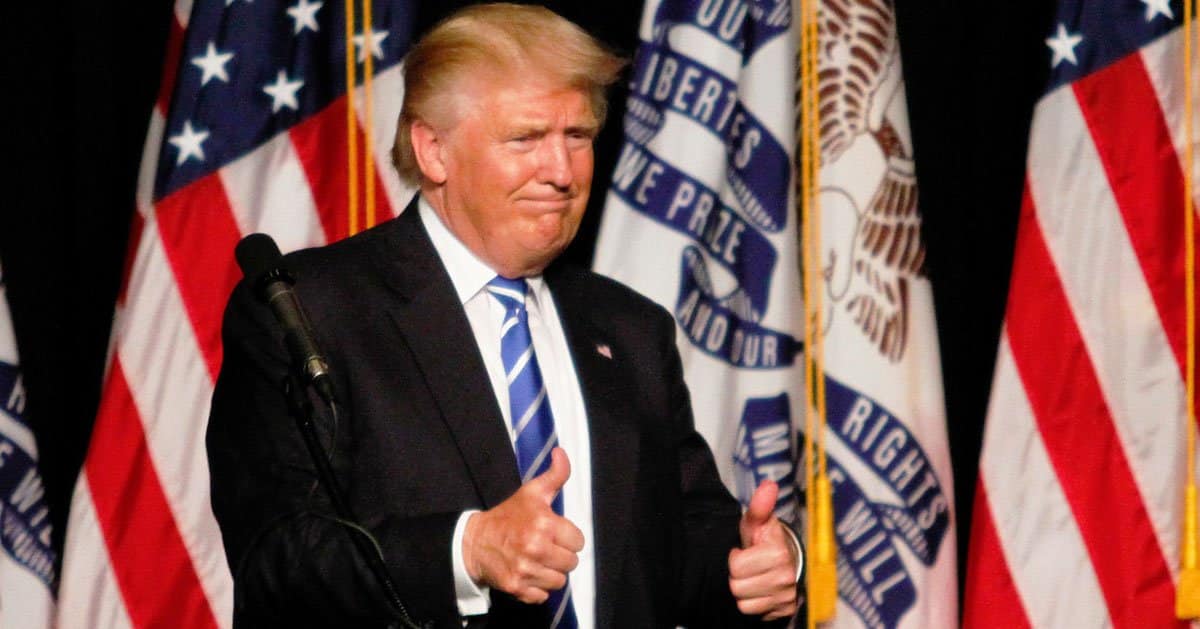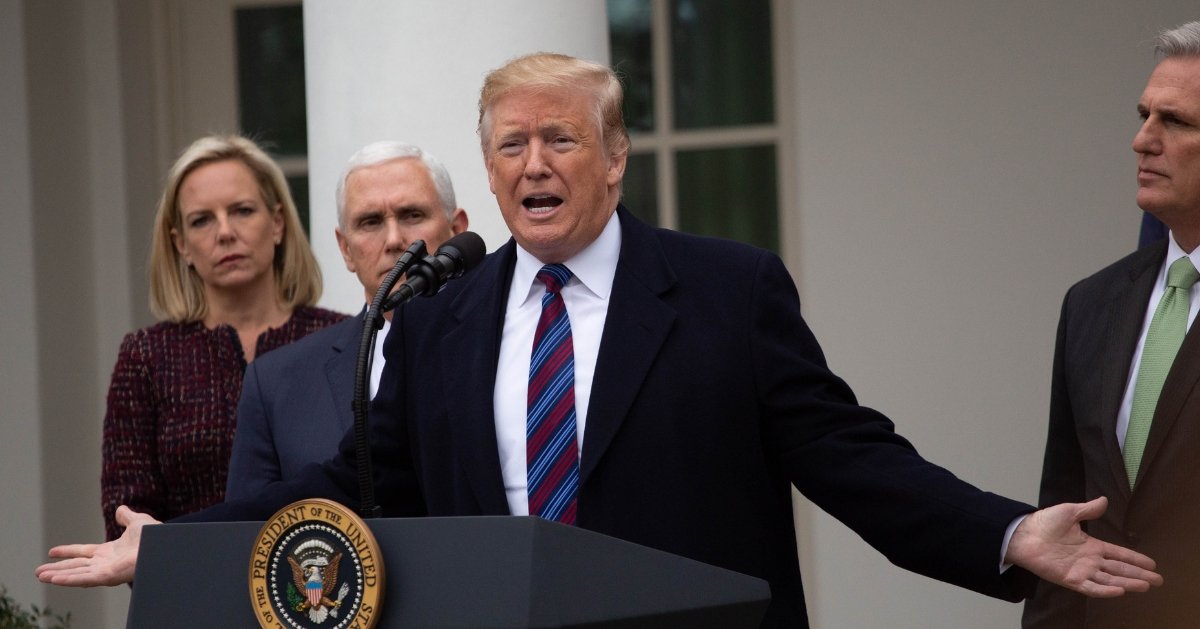






Google just dropped a bombshell that could reshape the digital battlefield for free speech. On Tuesday, the tech giant announced it’s rolling back bans on YouTube accounts that were axed for political speech, a move that’s got conservatives cheering and Big Tech skeptics raising eyebrows.
This policy shift, detailed in a document provided to the House Judiciary Committee and first obtained by Fox News Digital, means reinstatement for accounts previously terminated over outdated rules on COVID-19 and election content.
Fox News reported that Google, under its parent company Alphabet, admitted in the document that it faced relentless pressure from the Biden administration to scrub user-generated content, especially during the COVID-19 frenzy.
White House officials didn’t just nudge; they launched a full-court press to influence what stayed online. And while Google insists some censorship came from its own internal policies, those rules have now been tossed out the window.
High-profile voices like Dan Bongino, Sebastian Gorka, and Steve Bannon—banned in recent years for content tied to the pandemic or election disputes—could see their channels revived.
Bongino, for instance, got the boot in 2022 for questioning mask narratives, despite boasting one of the platform’s biggest followings. It’s no small irony that losing YouTube pushed him to stardom on Rumble, where he livestreamed his radio show before stepping into an administration role in 2025.
Google’s confession about Biden-era meddling isn’t just a footnote—it’s a glaring spotlight on how political agendas can infiltrate private platforms. “Senior Biden Administration officials... pressed the Company regarding certain user-generated content,” a Google lawyer admitted in the document.
That’s a polite way of saying the government tried to play content cop, and Google, at least for a while, played along. But here’s the kicker: Google now claims it’s all about free expression, emphasizing that YouTube values conservative voices for their role in civic discourse.
Is this a genuine pivot or just damage control after years of Republican-led investigations into Big Tech censorship? The House Judiciary Committee, digging into content suppression around COVID-19 and the 2020 election, certainly seems to think there’s more to uncover.
Speaking of investigations, Meta faced similar heat last year, denouncing the Biden administration’s pressure tactics in 2024 with emails laid bare before the same committee.
Their decision to ditch third-party fact-checkers drew a sharp rebuke from then-President Joe Biden, who called it “really shameful.” Meanwhile, YouTube’s proudly sticking to its guns, refusing to let outside fact-checkers meddle with content or slap on labels.
Legal battles have echoed these concerns, like the Murthy v. Missouri lawsuit brought by Republican attorneys general over social media censorship.
While lower courts found the federal government’s actions disturbingly close to an Orwellian overreach, the Supreme Court dismissed the case for lack of standing, leaving conservatives frustrated over a missed chance to score a First Amendment win.
Then there’s the concept of “jawboning”—government arm-twisting of private companies to silence speech—which popped up again after the tragic death of Charlie Kirk.
ABC host Jimmy Kimmel’s comments linking the suspect to a certain political faction stirred controversy, leading to his temporary suspension, though ABC lifted it on September 23, 2025. Sinclair Broadcast Group, however, continues to sideline his programming, showing not everyone’s ready to let bygones be bygones.
FCC Chairman Brendan Carr’s veiled warning about Kimmel’s remarks—hinting at regulatory consequences—raises serious questions about where free speech ends and government overreach begins.
While the FCC wields power over networks like ABC, it’s bound by the First Amendment, a line that shouldn’t be crossed no matter how heated the rhetoric gets. This isn’t about silencing dissent; it’s about ensuring no one’s strong-armed into compliance.
Google’s not just wrestling with domestic pressures—it’s also pushing back against the European Union’s Digital Services Act and Digital Markets Act, calling them a disproportionate burden on American companies.
Bipartisan grumbling in Congress suggests these EU laws could force Big Tech into heavier content moderation, potentially curbing what American users see and say online. It’s a global tug-of-war over who gets to set the rules.
Zooming back to YouTube’s policy reversal, the platform’s olive branch to banned creators feels like a step toward restoring trust with conservatives who’ve long felt targeted.
But let’s not pop the champagne just yet—past actions, like caving to political pressure, cast a long shadow. Will this be a true commitment to open dialogue, or just another PR stunt to dodge further scrutiny?
For figures like Bongino, Gorka, and Bannon, reinstatement could mean a return to a massive audience, but the broader impact is on everyday users who’ve been silenced for daring to question the narrative. Google’s admission of past missteps is a start, but rebuilding faith in a platform that once bent to bureaucratic whims won’t happen overnight.



